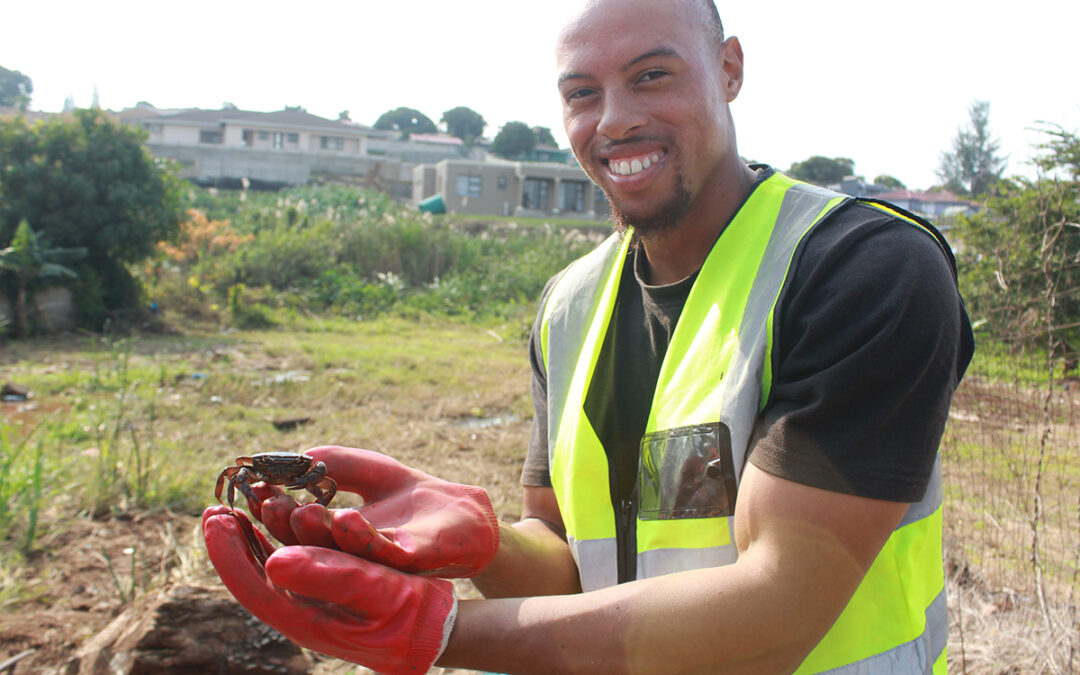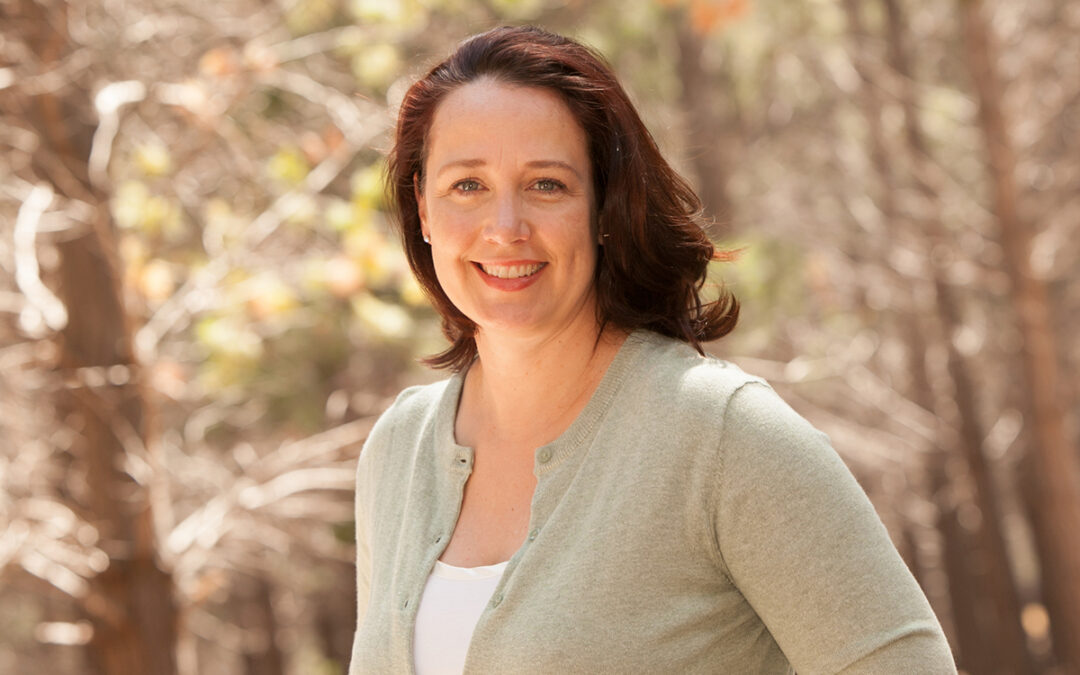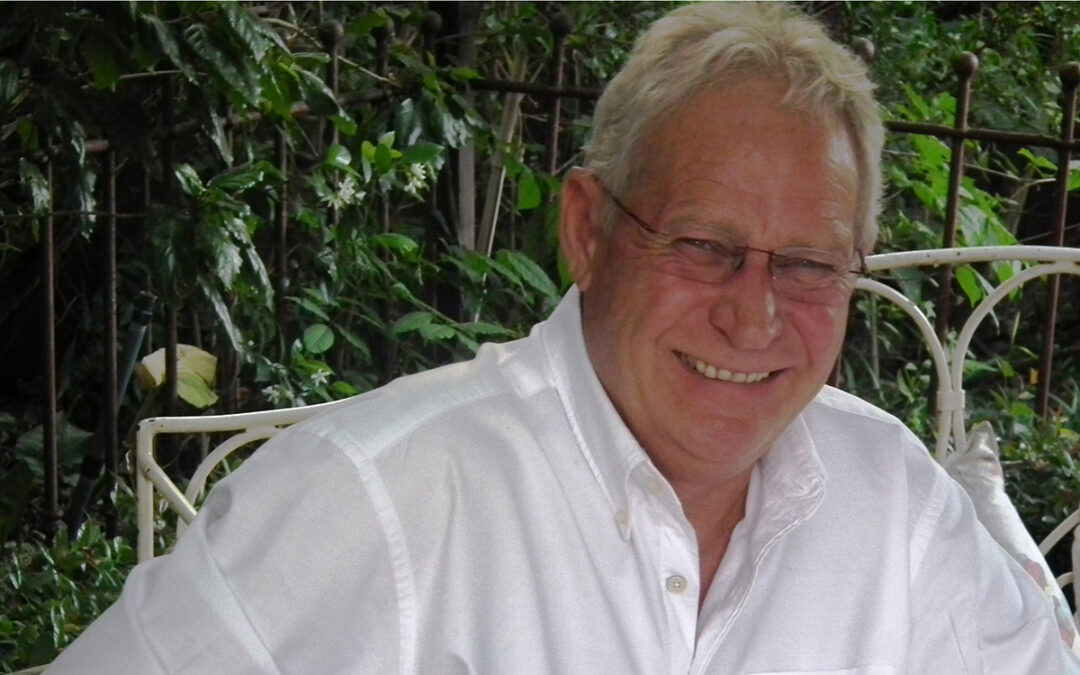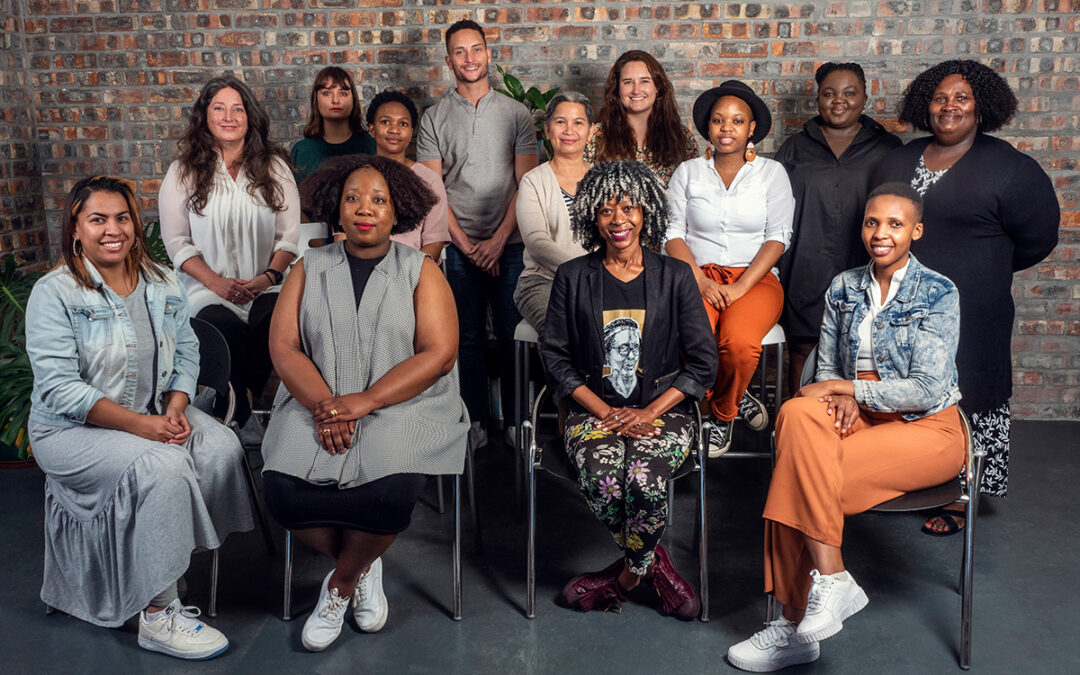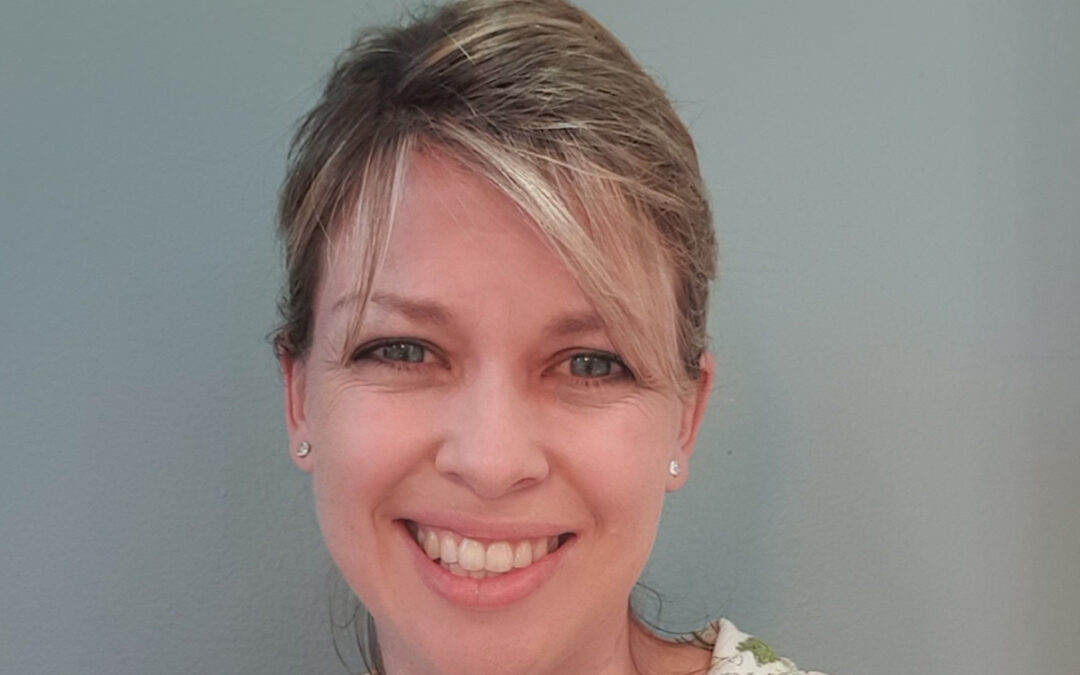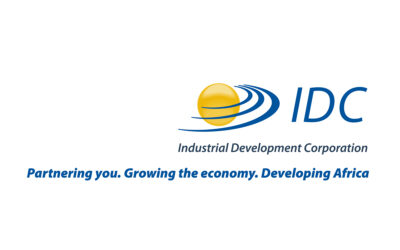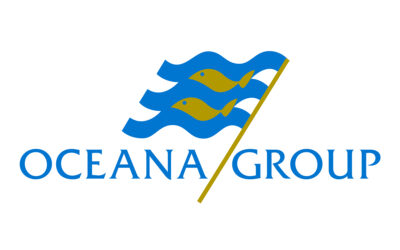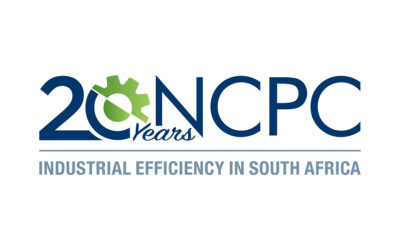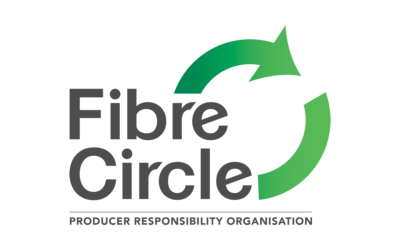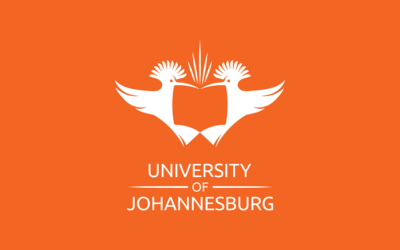After graduating from Rhodes University in 2014 with a BA in political science, an honours in international relations and an LLB, Mbali Baduza worked as a candidate attorney at Lawyers for Human Rights, under the refugee and migrant programme and the land and housing unit, managing the Upington satellite office.
Baduza joined Section27 in 2020, as a legal researcher under the health rights programme. “My role as a researcher and activist entails proactively exploring research areas relating to law and human rights — preparing research reports and articles for publication. I am involved with developing advocacy campaigns, drafting court papers and making submissions on proposed policy, legislation, and international frameworks and conventions. I also conduct rights education workshops and develop partnerships locally, regionally and internationally with other human rights organisations,” she says.
Section27 has four priority work areas that use tools of activism such as research, litigation and advocacy to address key issues. “Section27 has resolved to expand the nature of our work to include the intersections between climate justice, health and education. We have joined the Climate Justice Coalition, and have agreed to work together on advocating, educating, training and mobilising around a just transition and transformative climate justice agenda,” Baduza explains.
The organisation also works with partners to advocate for government participation and better prioritisation of human rights-based funding for the following: health and education; the right to basic education guaranteed by section 29 of the Constitution; the prevention of sexual violence and corporal punishment; the provision of safe, hygienic sanitation facilities; learner and teacher support materials; and sufficient classrooms. Beyond education, Section27 advocates affordable, better quality public and private health systems.
“We seek to hold accountable the institutions and public officials that exist to serve the people,” summarises Baduza.
“We work towards building a society where our work is not necessary any more. As long as we are necessary, we will continue to work faithfully and diligently to promote the realisation of the rights enshrined in the Constitution.”

